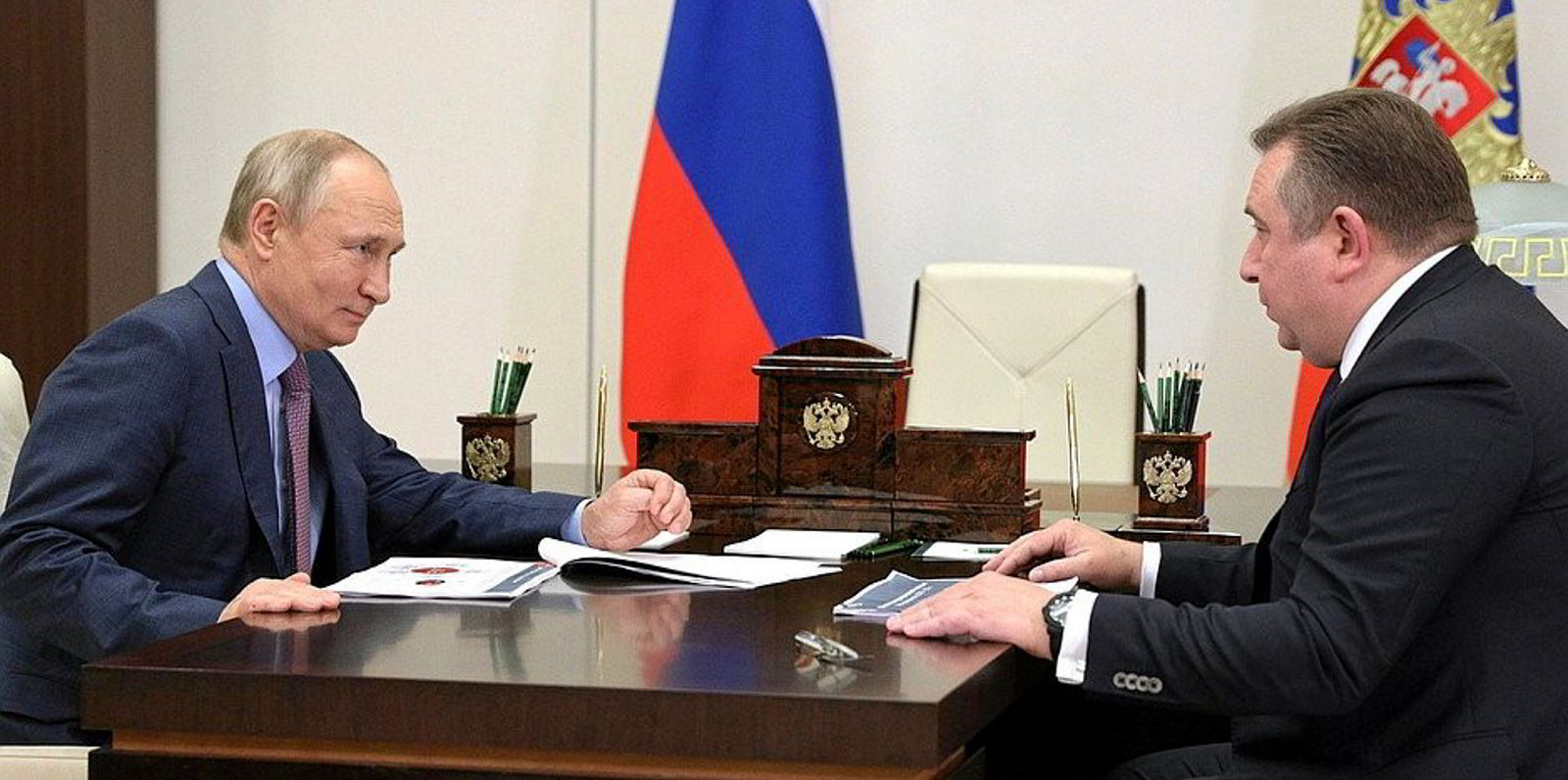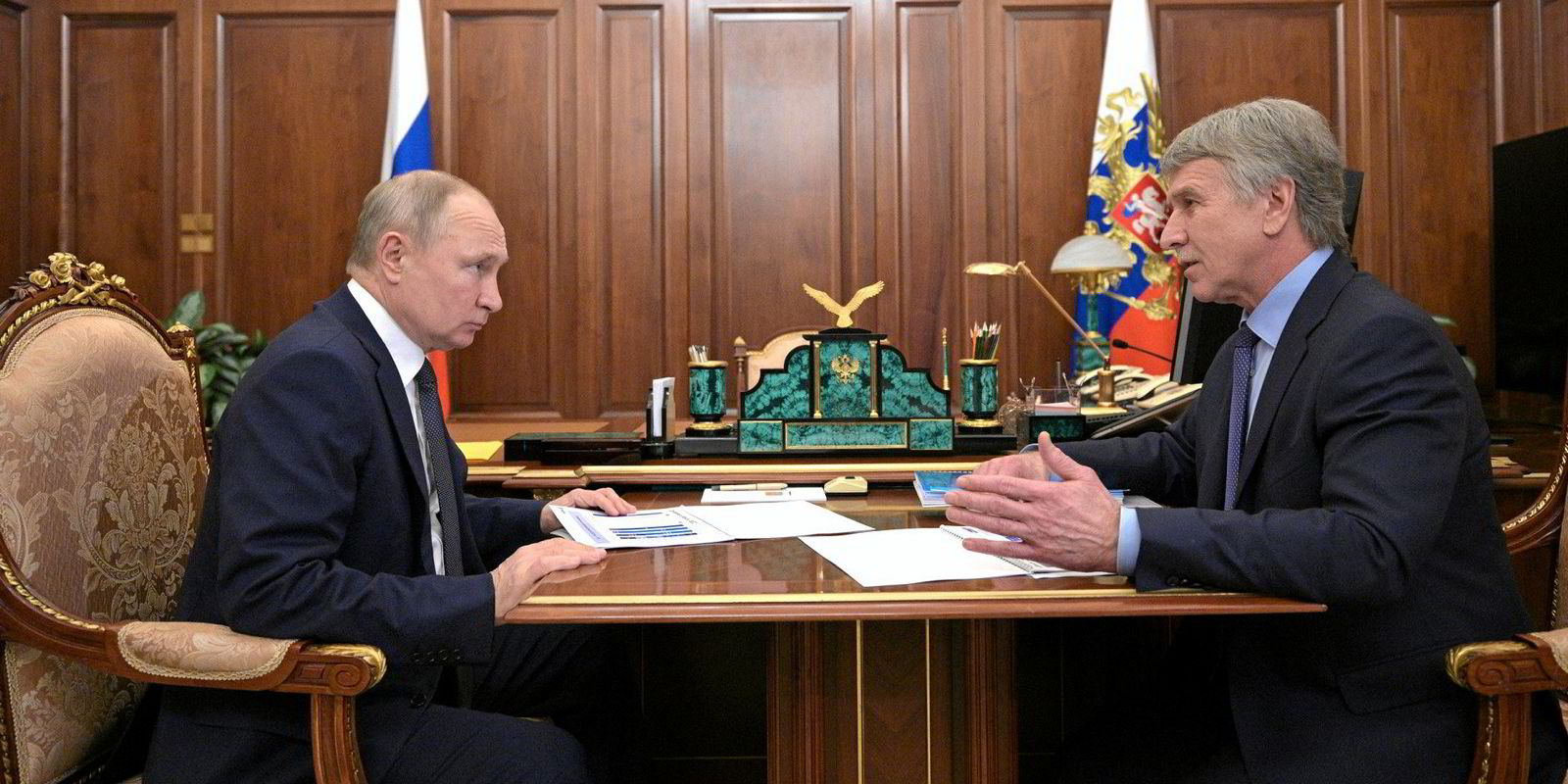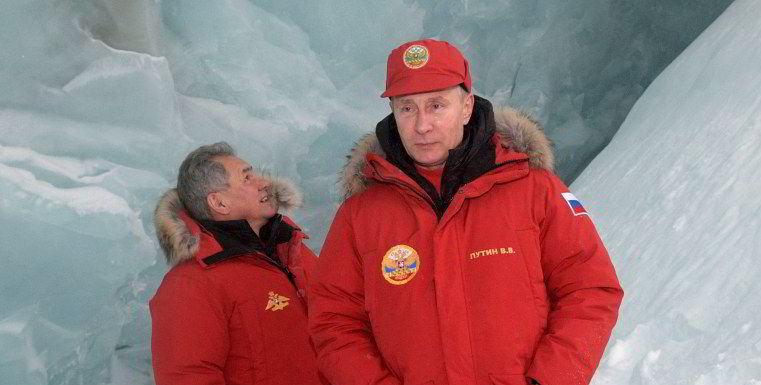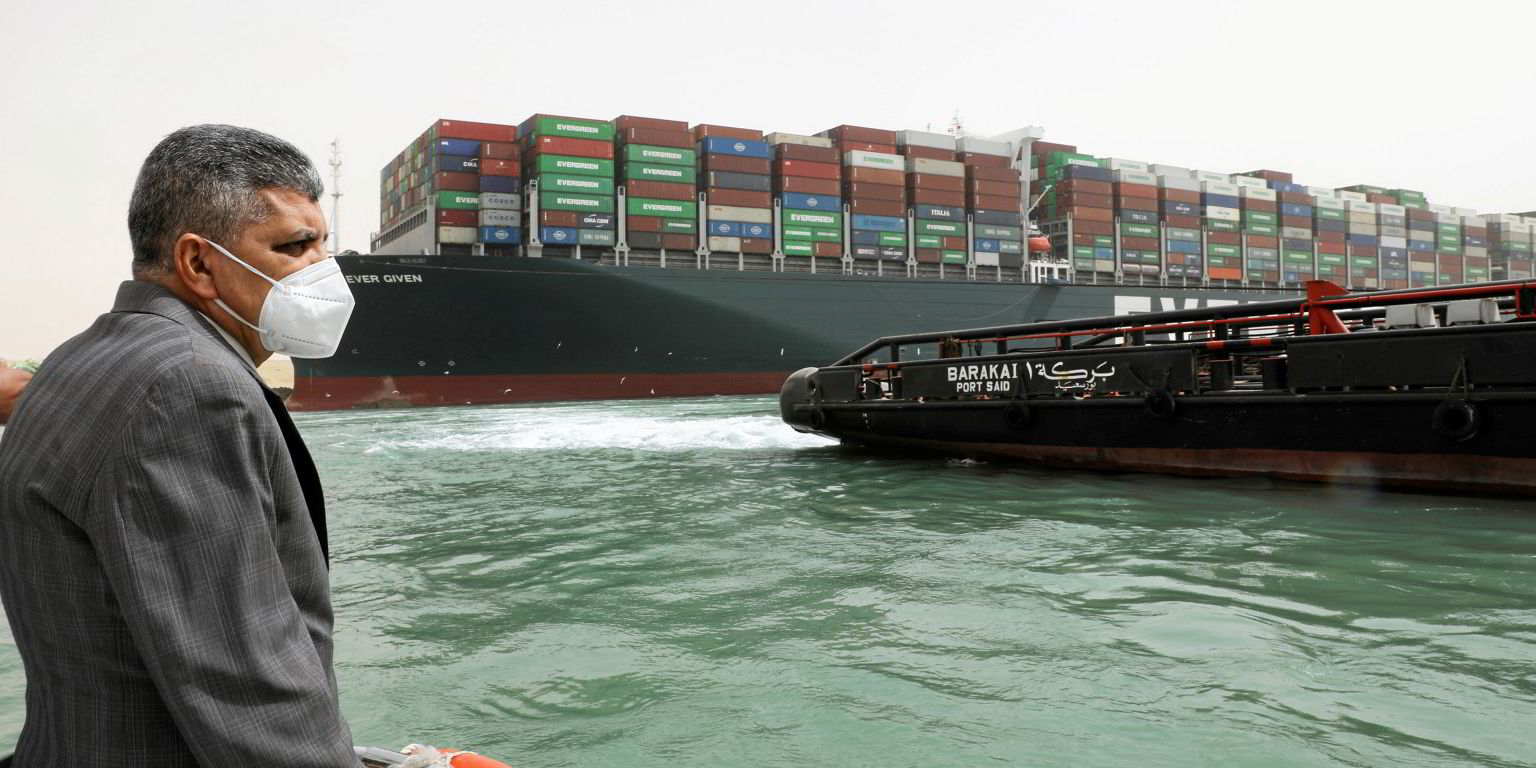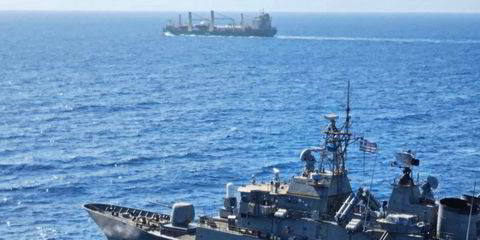Russia is plotting a new containership route from the Caspian Sea to northern Europe to cut out any congestion problems at the Suez Canal.
The scheme was revealed in a meeting between Russian President Vladimir Putin and United Shipbuilding Corp (USC) chief executive Alexei Rakhmanov.
The boss of the state shipyard group told Putin that USC is "zealously" working on new products.
"In the case of civilian shipbuilding, I am referring to the opening of basically new segments, including, for example, small boats, which few businesses have dealt with in a systematic way, and, accordingly, solutions for Russian cities as regards riverboats and cruiseships," Rakhmanov said in a transcript of the meeting published on the presidential website.
A particular focus is being placed on the South-North corridor linking the Caspian to Finland.
"This year, we are starting to design a containership that will ply the Caspian Sea with Helsinki as its final destination. In this way, we will be opening up routes that do not depend on foreigners," Rakhmanov said.
When questioned by Putin about the route, the CEO added that it is possible to load cargoes in Iran's north or western China before taking it to Helsinki via Olya on the Russian Caspian Sea coast.
"It will take the ship only seven or eight days to reach Helsinki from Olya at 19 km per hour. Moreover, there will be no problems with Somali pirates or ships blocking the Suez Canal," he added.
Rakhmanov said the plan is a "real alternative".
But he added: "The main question is the cost of this shipment. We are working on it jointly with shipping companies."
Putin was told the route will include the Volga River, then the Volga-Baltic Waterway and the Moscow Canal, and on to St Petersburg.
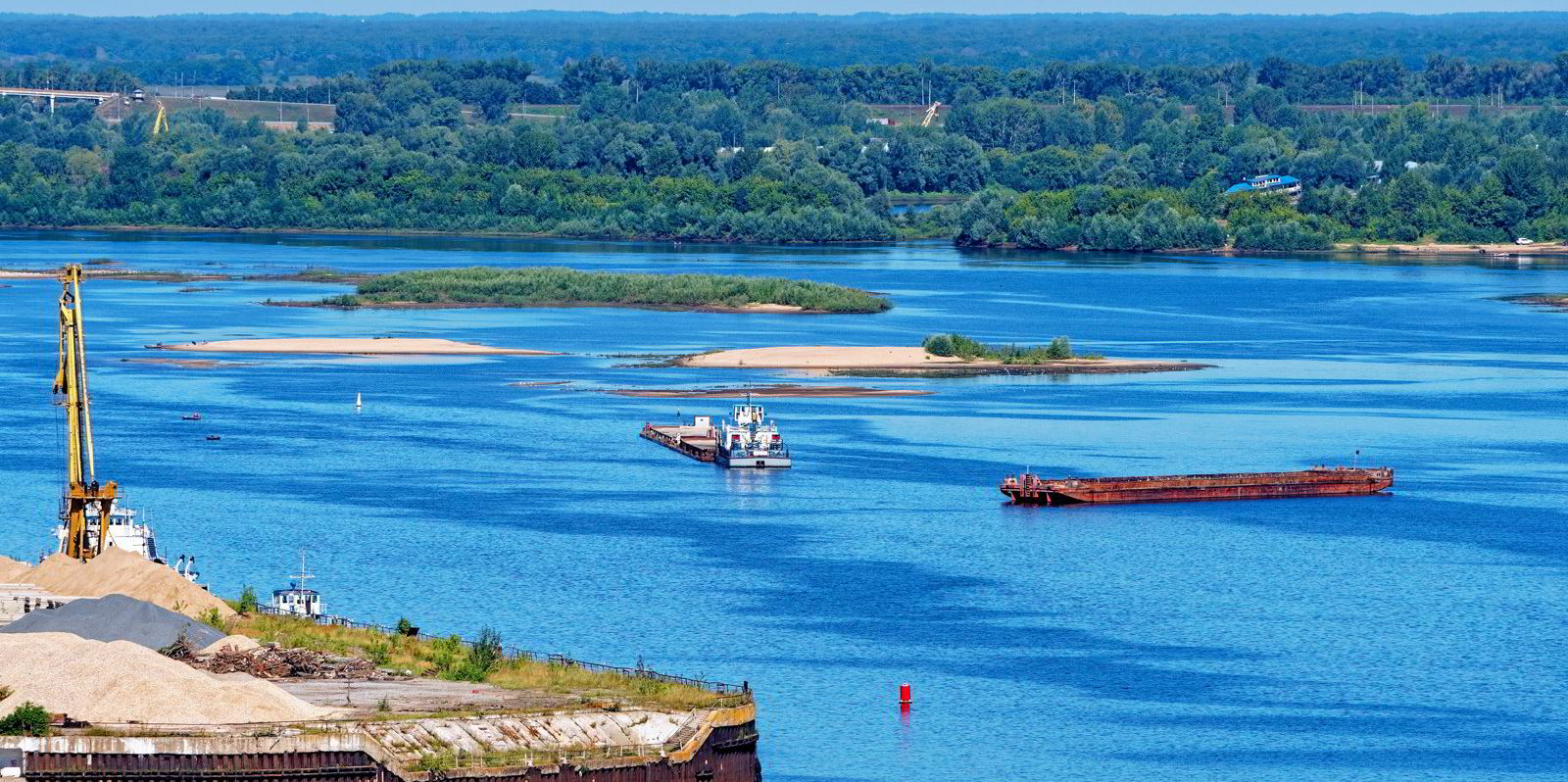
The USC boss also said vessels could go as far as the White Sea, but the scale would be "a bit smaller" there, with smaller cargoes.
Rakhmanov said the biggest problems encountered so far are near Gorodets, close to Nizhny Novgorod.
Draught question
"Unfortunately, the draught is no more than 2.6 metres there, whereas we need a 3.6 metres cargo draught to meet the requirements of our main shipping companies and passenger liners," the USC CEO added.
Putin also asked about USC's result in 2020.
Rakhmanov replied: "Mr Putin, the industry and my corporation worked stably throughout 2020 despite the pandemic."
The boss said 2020 profit was less than 1% down on 2019, without giving a figure.
Rakhmanov added: "We are booked up until 2028 thanks to the support measures that were extended ... by the ministry of industry and the government as a whole."
"But we are dependent on suppliers of large-size equipment who let us down rather significantly. But I hope the situation will gradually improve," the CEO said.
The group added 20 merchant vessel contracts in 2020, with earnings up from that sector.
"This is actually 21% of the 50% target that you have directed us to achieve," Rakhmanov told the president.
USC is focusing on optimising costs, saving nearly RUB 18bn ($244.5m) in 2020.
